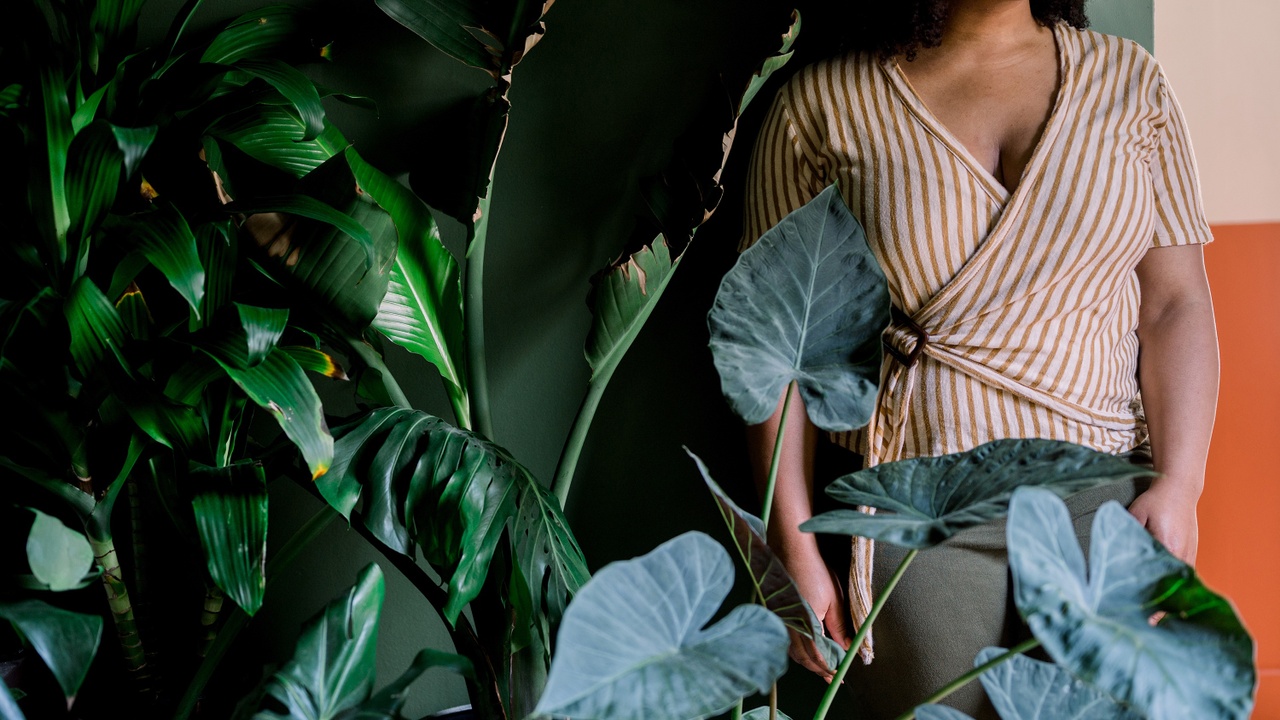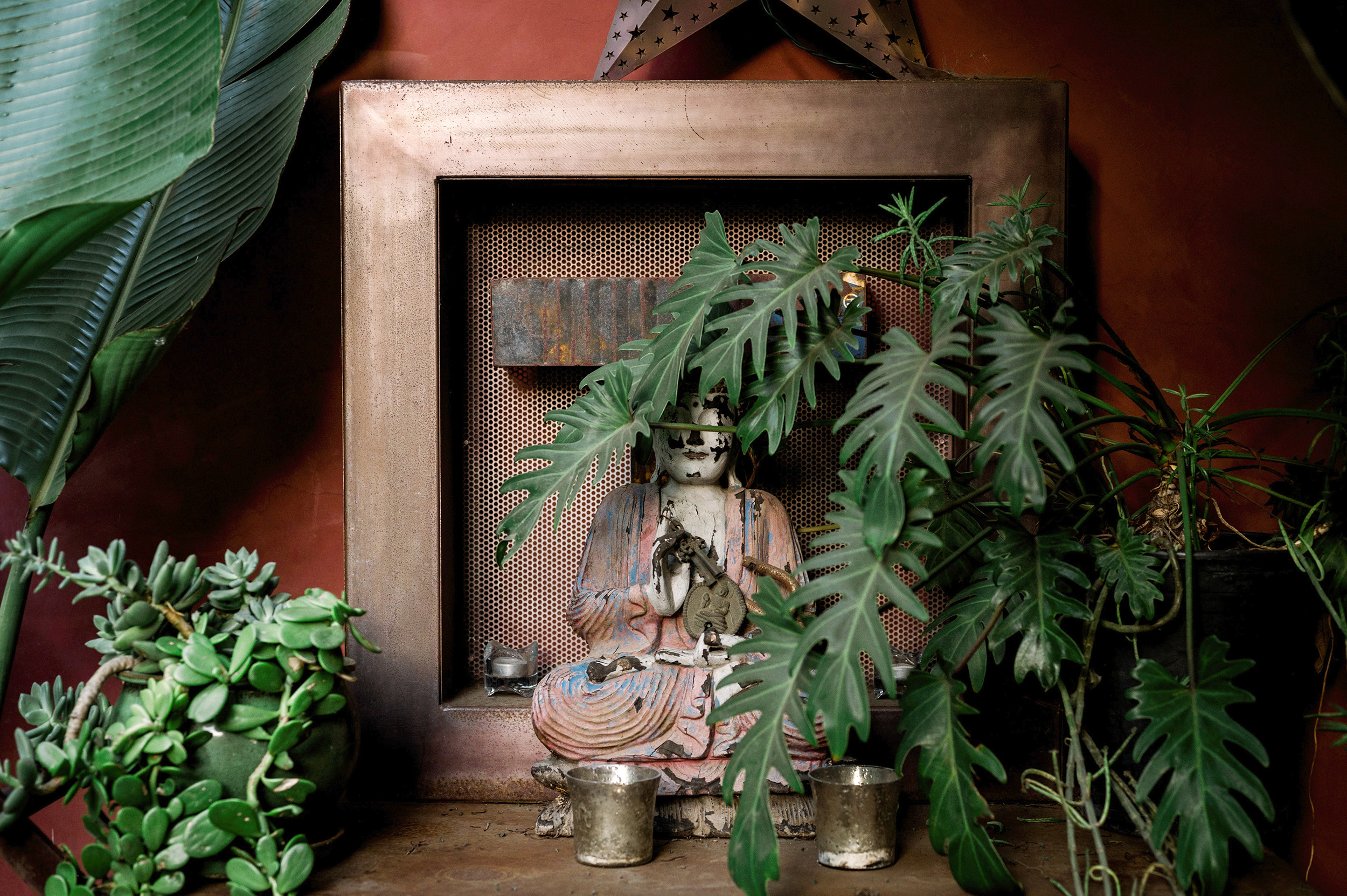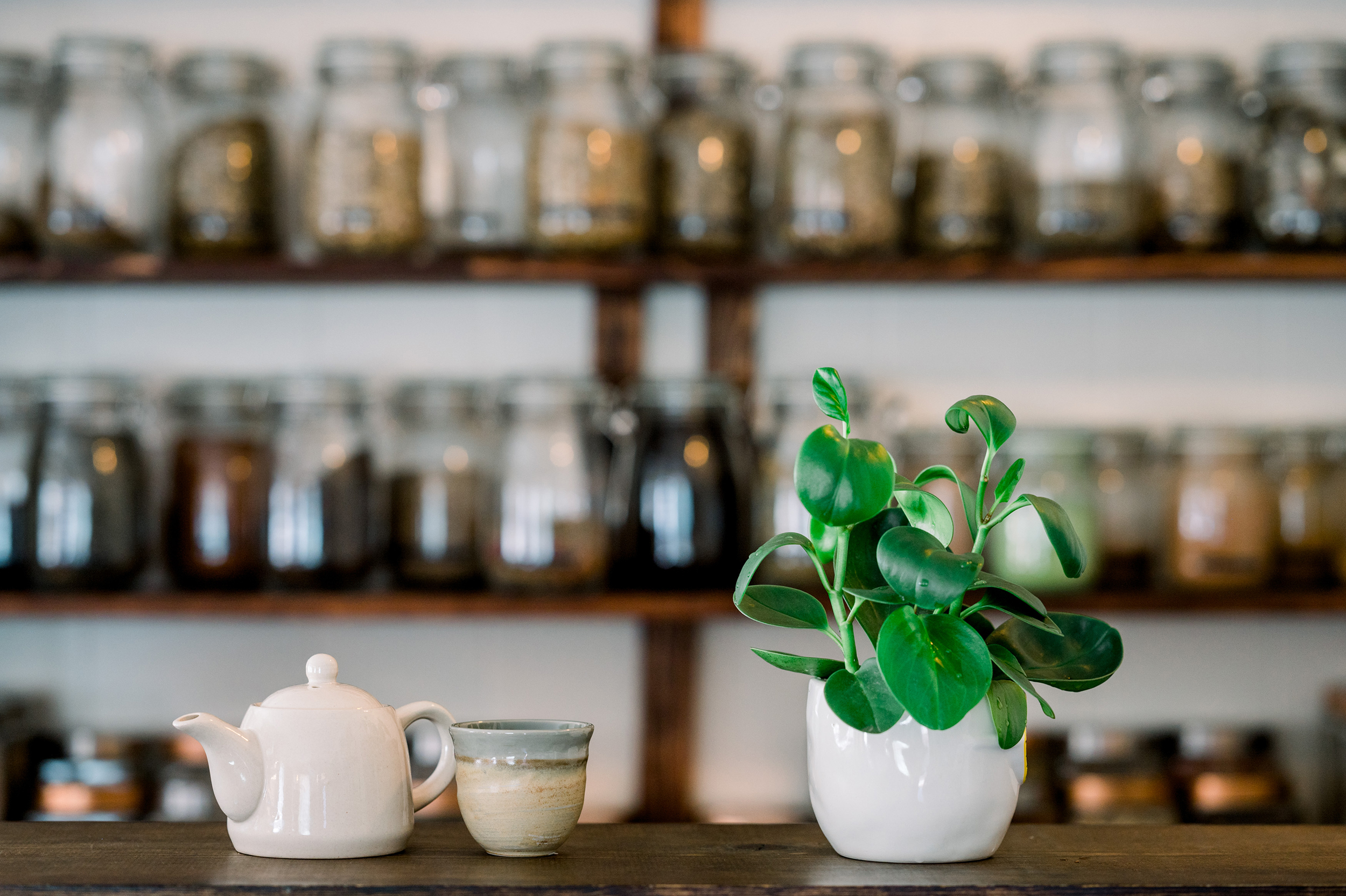Misconceptions About Caring for Indoor Plants

Whether you’re a beginner or a regular green thumb, it can be challenging to separate fact from fiction when caring for indoor plants. There are a lot of misconceptions about caring for indoor plants, so we’ll put a few of the most common to rest in our plant care guide. Check out this journal on the magic of plants!
Big Pots = Big Plants
The typical mistake beginners make when planting their new indoor houseplants is overdoing it when it comes to pots. There’s still a misconception that if you get a larger pot for your plant, it’ll grow larger than in a standard pot.
While it is true that a larger pot means a plant will have more room to grow its roots, it will still only grow the roots it needs, nothing more. Instead of spending more on a big pot that won’t make much difference, focus on the watering and indoor plant food your houseplant needs.

More Water = More Growth
We all know that plants need water to grow, so more water will help them grow stronger and faster, right? Wrong. Overwatering a houseplant can be harmful and lead to the plant wilting and dying prematurely.
When you overwater a plant, it becomes difficult to pull the nutrients from the soil. Research the recommended water intake for your specific houseplant. An excellent standard test is to check the soil—if it’s dry, water it; if not, don’t.
Distilled Water > Tap Water
Distilled water removes the minerals in tap water for a purer form of water. It’s easy to think that because you prefer that type of water, so will your plant.
Distilled water is OK for some plants, but many prefer the minerals found in tap water. The only worry with tap water is high sodium levels, especially if you have a water softener that uses sodium chloride. Get your tap water tested for alkalinity—if the levels are low, it should be fine for your houseplant.

Direct Sunlight = Healthier Plants
We all understand how photosynthesis works—plants need sunlight for energy and survival, so the more sunlight, the healthier the plant. While many plants need to receive direct sunlight, too much of a good thing can lead to problems.
Some plants require little to no direct sunlight, and spending hours on a windowsill soaking up the sun’s rays could lead to sunburn and other problems. Research your specific plant, learn the sunlight it typically needs, and adjust its location accordingly.
Humans have been growing things for thousands of years, but there are still many misconceptions about caring for indoor plants. Keep these common myths in mind as you care for your plants so that they grow green, lush, and healthy.
Questions or want to connect? Reach out here anytime: [email protected]


